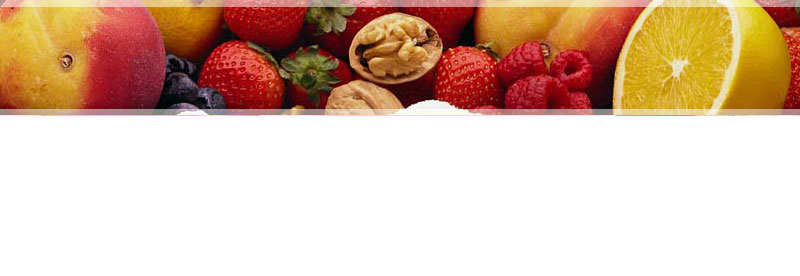| Phenylalanine | ||||||||
| print the page | email the page |  |
|
|||||
- Why phenylalanine is good for you
- Important phenylalanine facts
- Groups at risk of phenylalanine deficiency
- Symptoms of phenylalanine deficiency
- Phenylalanine and health
- Phenylalanine in foods
- Phenylalanine recommended daily intake (RDI)
- Phenylalanine works best with
- Overdosage, toxicity and cautions for phenylalanine
Why phenylalanine is good for you
Phenylalanine is an essential amino acid and is used to elevate the mood, as it is so closely involved with the nervous system. Phenylalanine also helps with memory and learning.
- Phenylalanine can be converted in the body to tyrosine, which in turn is used to synthesise two important neurotransmitters that promote alertness - dopamine and norepinephrine
- Phenylalanine is available in three different forms - L-, D- and DL-. The L- form is the most common and the type in which it is incorporated into the body's proteins. The D- form acts as a painkiller and the DL- is a combination of the two
Groups at risk of phenylalanine deficiency
- People on low protein diets - people who are not eating enough protein foods may not get enough phenylalanine in their diet (although in general, deficiency is rare)
People in these groups at risk of ornithine deficiency should talk to a medical professional about ornithine supplementation BEFORE taking them.
Symptoms of phenylalanine deficiency
General deficiency symptoms may include:
- lethargy
- oedema (fluid retention)
- weakness
- skin lesions
- liver damage
- slow growth
Advertisement
- Neurotransmitter health - phenylalanine increases blood levels of norepinephrine, epinephrine and dopamine - all three are important neurotransmitters required for proper brain signals for various functions
Talk to a medical professional about phenylalanine supplements BEFORE taking them
| FOOD | AMOUNT | Phenylalanine (mg) |
|---|---|---|
Roasted pumpkin seeds |
1 cup | 3727 |
Soybeans, dry roasted |
100g | 2066 |
Tuna, canned in oil |
1 can (171g) | 1944 |
Gruyere cheese |
100g | 1743 |
Chicken breast meat, roasted |
1 cup (140g) | 1743 |
Romano cheese |
100g | 1710 |
Swiss cheese |
100g | 1662 |
Halibut, cooked |
1/2 fillet (159g) | 1657 |
King mackerel, cooked |
1/2 fillet (154g) | 1563 |
Lean veal leg, cooked |
100g | 1481 |
Edam cheese |
100g | 1434 |
Lean round beef, cooked |
100g | 1427 |
Lean shoulder lamb, cooked |
100g | 1389 |
Lean veal sirloin, cooked |
100g | 1371 |
Alaskan king crab |
1 leg (172g) | 1329 |
Egg, white, dried |
28g | 1326 |
Lean veal shank, cooked |
100g | 1299 |
Soy protein isolate |
28g | 1286 |
Advertisement
Phenylalanine recommended daily intake (RDI)
| RDA | 41mg/kg body weight (infants) 22mg/kg body weight (children) 16mg/kg body weight (adult) |
|---|---|
| TOLERABLE UPPER LIMIT | 150-600mg |
| TOXIC LEVELS | No information available |
- Folic Acid
- Vitamin B3 (Niacin)
- Vitamin B6 (Pyridoxine)
- Vitamin C
- Chromium
- Copper
- Iron
- Magnesium
- Manganese
- Zinc
Overdosage, toxicity and cautions for phenylalanine
Toxicity is rare in dietary intake but large amounts in supplement form may play havoc with blood pressure and cause headaches, nausea and heartburn. Large amounts may cause nerve damage.
Since phenylalanine has such major mood-altering effects, supplementation should only be taken under medical supervision.
CAUTIONS
The following groups of people should NOT take phenylalanine supplements:
- Pregnant women
- People suffering from anxiety attacks
- People with high blood pressure
- Diabetes patients
- People with phenylketonuria
Phenylalanine supplements may interact with certain antidepressants or stimulants - talk a medical professional BEFORE taking this supplement.

references
- Osiecki H, Meeke F, Smith J, The Encyclopaedia of Clinical Nutrition - Volume 1: The Nervous System, BioConceps Publishing QLD 2004

